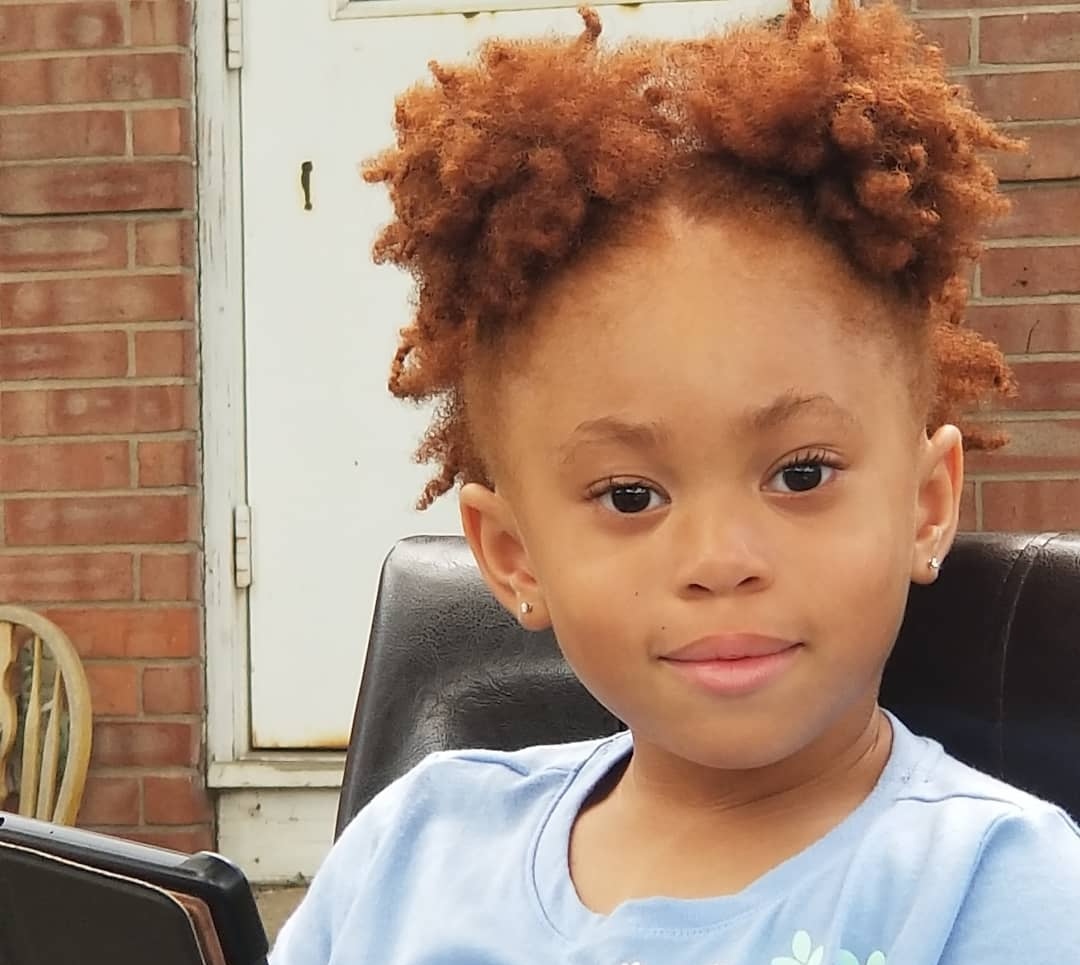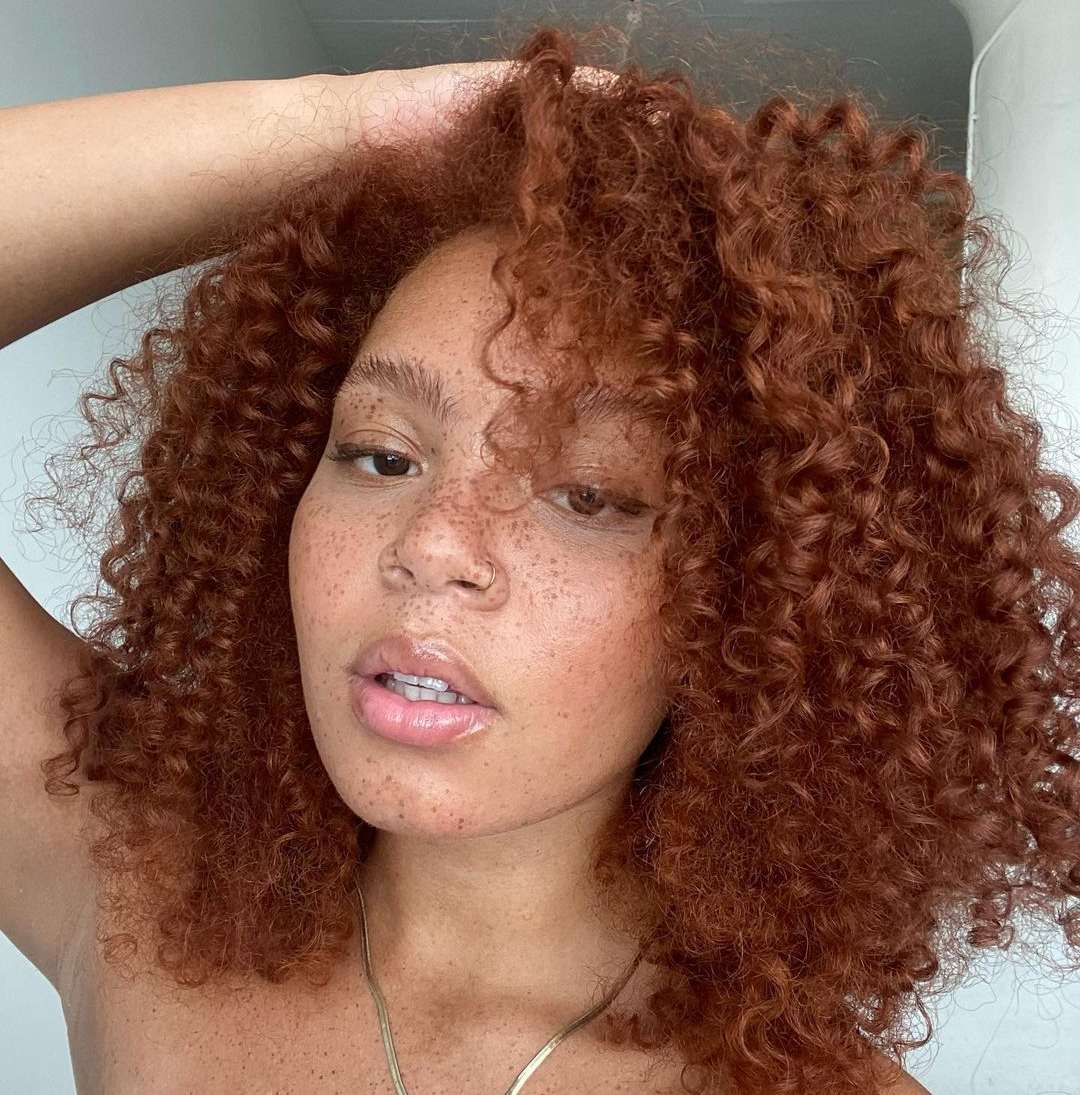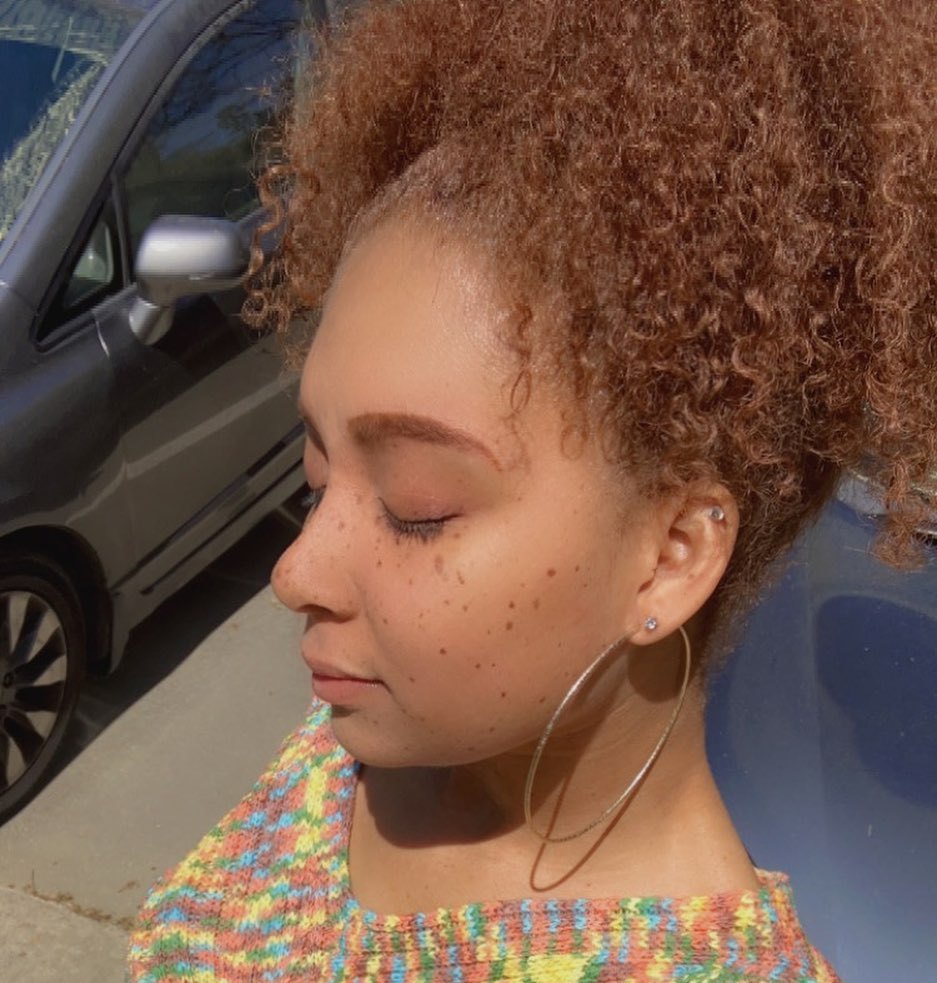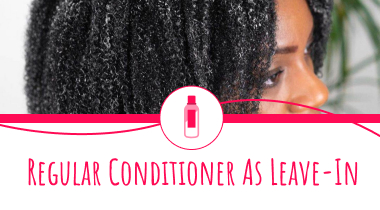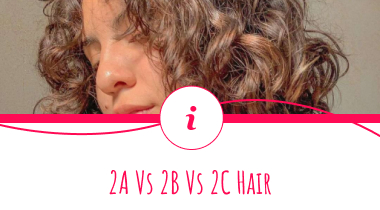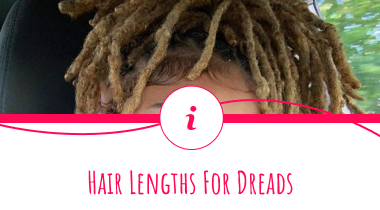Can Black People Have Red Hair?
It is a common misconception that black people cannot have red hair. In fact, there are a number of genetic factors that can cause this type of hair coloring in people of African descent.
Some of the most common factors include variations in the MC1R gene, as well as changes in certain regulatory genes that control melanin production.
While it is true that red hair does occur less frequently in black individuals than in other racial groups, this is largely due to differences in skin pigmentation and exposure to UV light.
As such, there are many different factors that can impact whether or not a person develops red hair regardless of their race. If you are interested in learning more about these genetic factors, you may want to speak with your doctor.
Why are there black people with ginger hair?
There are a number of reasons why black people can have ginger hair. The most common cause is albinism, which is a genetic condition that affects the production of melanin in the skin, hair, and eyes. However, there are also a number of other genetic causes, as well as mixed lineage.
Albinism
Albinism is a congenital disorder characterized by the complete or partial absence of pigment in the skin, hair and eyes. Albinism is caused by inheriting an autosomal recessive gene for albinism from both parents.
Oculocutaneous albinism type 1 (OCA1) is caused by mutations in the tyrosinase gene while oculocutaneous albinism type 2 (OCA2) is caused by mutations in the P protein gene. Albinism can also be caused by mutations in other genes such as SLC45A2 and OCA4.
Albinism affects people of all races and ethnicities but is most common in people of sub-Saharan African descent. The prevalence of albinism in sub-Saharan Africa is estimated to be 1 in 5,000 and as high as 1 in 1,400 for some populations.
However, there are no reliable statistics on the prevalence of albinism because the condition is relatively rare and often not diagnosed or misdiagnosed. In addition, many people remain undiagnosed due to very limited medical services available in certain regions of Africa.
So, can black people have red hair? While it may seem surprising that a pigment-deficient person might have reddish hair color, it’s not entirely impossible if they carry mutations in genes related to both melanin production and pigmentation.
For example, oculocutaneous albinism type 2 (OCA2) is due to mutations in the P protein gene, which is mainly found in melanocyte precursors and hair follicle melanocytes.
People with OCA2 develop white or very light-colored skin and their hair color may range from gray or brown to gold or red, though it’s more likely that their natural hair will be brown or black.
So, while it is theoretically possible to see black people with natural red hair, this condition is extremely rare. In addition to genetic factors, the prevalence of albinism may also depend on environmental factors such as exposure to sunlight (which reduces melanin production) and vitamin D deficiency (which interferes with pigmentation).
Genetic Causes
Red hair is caused by a mutation in the MC1R gene. This gene provides instructions for making a protein that is involved in signaling pathways that determine hair color.
The protein produced by the MC1R gene helps determine whether eumelanin (black or brown pigment) or pheomelanin (red or yellow pigment) is produced.
The mutation associated with red hair alters the normal function of the MC1R protein, resulting in an overproduction of pheomelanin. The excess pheomelanin causes the characteristic red coloration of red hair.
In most cases, this mutation is inherited from a person’s parents. However, it is also possible for the mutation to occur spontaneously.
This happens when a new, spontaneous mutation occurs in one of the parents’ reproductive cells, causing red hair to appear in the offspring.
Red hair is not just found in people with European ancestry. It can also arise among people with darker skin, such as African Americans and Asians. In fact, there are populations from Africa (such as the Fulani) that have been shown to carry many alleles for red hair.
While it is common for redheads to pass on their coloring to their children, this does not mean that it is impossible for black people to have red hair.
The MC1R gene exists across all populations and has variants linked to different pigmentation outcomes. Therefore, although rare, it is possible for black individuals to have red hair.
Mixed Lineage
It is possible for black people to have red hair, though it is not as common as other hair colors. The most likely explanation for this is mixed lineage.
For example, if a black person’s ancestors came from a region where there was significant mixing with people of other racial backgrounds, then it is more likely that they would have inherited genes for red hair.
Red hair is often associated with people of Celtic or Irish descent. So, if a black person has red hair, it could be due to recent ancestors from these regions. In fact, many African Americans have ancestors from Ireland or Scotland.
In addition, the MC1R gene is found across all populations and has variants linked to different pigmentation outcomes. Therefore, although rare, it is possible for black individuals to have red hair.
Health Conditions in Redheaded People
People with red hair are more likely to develop certain health conditions, such as:
- Skin cancer
- Melanoma
- Basal cell carcinoma
- Squamous cell carcinoma
- Prostate cancer
- Hodgkin’s lymphoma
While the exact cause of these conditions is unknown, it is thought that the lower levels of melanin in redheaded people may play a role. Melanin is a pigment that helps protect the skin from harmful ultraviolet (UV) rays.
Redheaded people may also be more sensitive to pain, due to a mutation in the MC1R gene. This mutation alters the way in which nerve cells respond to certain stimuli, resulting in increased sensitivity to pain.
Facts About Black Redheads
Why are black redheads rare?
Black people with red hair are rare because ginger hair is a recessive gene. To have black hair and red highlights, both of your parents must carry the ginger gene.
If only one parent has the ginger gene, there will be no red highlights in the child’s hair, even if they have black hair. This is why black redheads are so rare, as not many black people carry the ginger gene.
Despite being a rare occurrence, there are some famous black celebrities with red hair, including model and actress Tyra Banks and musician Prince. These individuals have defied expectations by embracing their unique features, and helping to break down barriers around representation in the media.
If you are a black person with red hair, know that you are beautiful and unique. Embrace your rare features, and celebrate the fact that you are one of a kind!
Why redheads don’t go gray
Redheads don’t go gray because they have a different type of hair follicle. Most people’s hair follicles contain an enzyme called catalase, which breaks down hydrogen peroxide into water and oxygen.
Redheads have a mutation in the MC1R gene that prevents them from making this enzyme. This means that the hydrogen peroxide builds up and bleaches their hair from the inside out, turning it red, orange, or yellow.
As they age, the pigment cells in their scalp die off, leaving their hair white.
Cultural downsides to being a redhead
There are a few cultural downsides to being a redhead. For one, redheads are often stereotyped as being fiery and temperamental. Additionally, people with red hair can often be targets of discrimination or bullying.
This can be especially true if they have lighter skin tones, as they may be mistaken for being white.
While black people are just as likely to have red hair as anyone else, many find that the stigma against those with red hair can make it difficult for them to embrace and celebrate their natural curls.
Despite the stereotypes about redheads being fiery or temperamental, studies have shown that there is no link between having red hair and possessing certain personality traits.
Finally, redheads may find it difficult to find hair care products that cater to their specific needs. While there are a growing number of redheaded celebrities and public figures, the reality is that redheads often face discrimination in many aspects of their lives.
Whether it’s being made fun of for their hair color or struggling to find the right hair care products, redheads often have to deal with challenges that those with other hair colors don’t.
But despite these challenges, redheads can and should embrace their unique beauty and proudly own their fiery locks.
FAQ
1. Do people with red hair always have red pubes?
No, your pubic hair and hair color do not always match. Often they do match, but this doesn’t mean that they always match. The color of your hair is determined by the amount of melanin in each of your hairs.
This can be different in different parts of your body, which is why they don’t always match.
2. What ethnicity is most likely to have red hair?
Ireland has the world’s largest population of red-haired people, with 10% of its citizens having red hair. Great Britain also has a high percentage of individuals with red hair.
3. Where are people with dark skin and red hair common?
In Oceania, particularly Vanuatu and Papua New Guinea, people with natural red hair are rather common. In other regions, you’ll only see natural red hair when someone has a combination of ancestries.
Conclusion
Being a black person with red hair can be both a blessing and a curse. On the one hand, you are unique and beautiful, and you have the ability to break down barriers in the media.
On the other hand, you may face discrimination or bullying because of your hair color. Despite these challenges, it is important to embrace your natural beauty and proudly own your curly locks.
So if you are a black redhead, know that you are truly one of a kind and worthy of love and respect.
Also read:
- Black People With Blonde Hair
- Best Oils for Low Porosity Hair
- Can Black People Have Straight Hair
- How Long Do Faux Locs Last
- How Often Should You Wash 4C Hair
- What Does Purple Shampoo Do to Black Hair
- Black Girl Messy Bun Hairstyles
Table of Contents
ToggleAllyson Carter
Ally is a professional hairstylist with more than 6 years of experience, but hair has been her passion since early childhood. Here, at Hair Spies, she blogs about all things hairdressing, hair tools, and everyday hair care. Read more about Allyson here.
